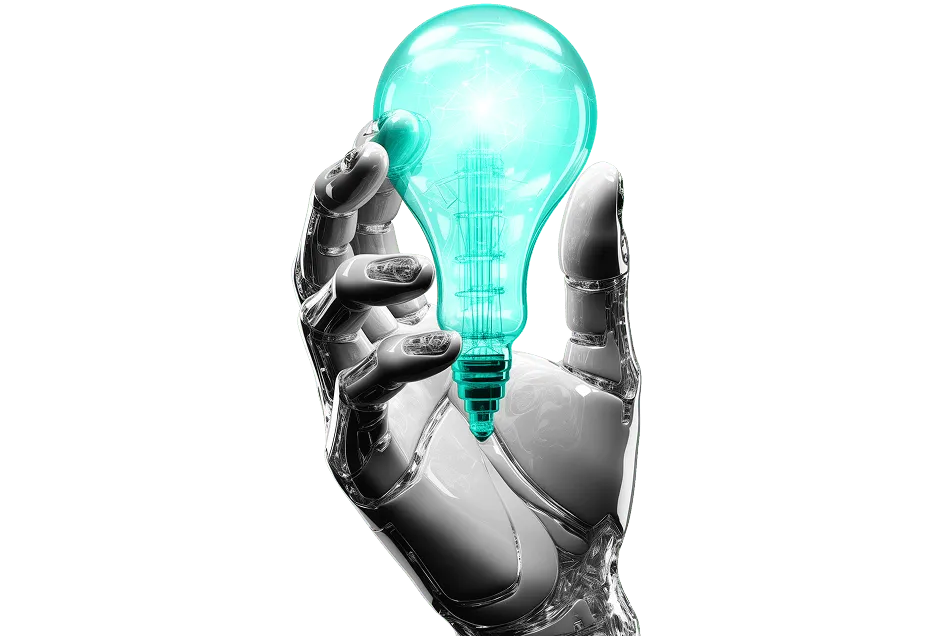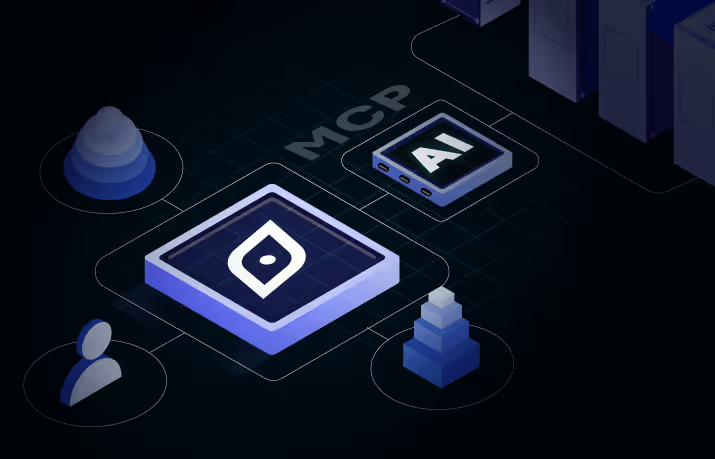The Future of Talent: Building GenAI-enabled Talent with Reskilling
The surge in automation, AI, and Machine Learning has not only redefined industries but also sparked a dire need for a new breed of talent – GenAI-enabled professionals.
Reports project that by 2025, around 85 million jobs could vanish due to technological advancements. On the other hand, an estimated 97 Mn new roles highly influenced by AI and automation will emerge.
This seismic shift underlines the need for businesses to adapt swiftly by reskilling their teams.
GenAI-Enabled Talent: The Backbone of Tomorrow’s Workforce
GenAI-enabled talent refers to people who are skilled in working alongside artificial intelligence (AI) to do their jobs better. Think of them as professionals who team up with AI to make things happen faster, smarter, and more effectively.
For example, in a sales team, a GenAI-enabled professional might use AI-powered tools to analyze customer data. They can quickly identify patterns in buying behaviors, helping the team tailor their sales strategies for better results.
Similarly, in healthcare, a practitioner who understands AI algorithms can use them to interpret medical imaging, aiding in faster and more accurate diagnoses.
The Crucial Role of Reskilling
77% of CEOs believe that a lack of key skills is the greatest threat to their business growth. Companies are investing significantly in upskilling and reskilling programs to bridge the gap between existing talent capabilities and the skills required for the future.
The impact of reskilling efforts is evident. Online learning platforms witnessed a surge in demand, with a 10-fold increase in course enrollments for AI and data science-related programs in the last two years. Moreover, employees who completed digital skilling programs were able to increase their productivity by 10 to 15%.
Strategic Implementation for Businesses
Reskilling for the future requires a strategic roadmap that aligns with the organization’s goals and the dynamic industry ecosystem. To capitalize on GenAI-enabled talent, businesses must implement a systematic approach:
1. Assessing Core Competencies
Run a comprehensive assessment of the organization’s existing skill sets and future needs. Identifying key areas where AI integration can optimize processes helps define the direction of the reskilling initiatives.
This assessment should consider current skill gaps, technological requirements, and future business objectives. By pinpointing specific areas that could benefit from AI implementation, businesses can align their reskilling initiatives with strategic goals.
2. Customized Training Programs
Developing personalized training programs tailored to the organization’s needs is pivotal. These programs should encompass a diverse range of AI-related skills, including machine learning, data analysis, natural language processing, and AI ethics.
Utilizing a mix of in-house training modules, external courses, workshops, and certifications offers a holistic learning experience for employees. Furthermore, incorporating hands-on projects and real-world simulations solidifies theoretical knowledge into practical applications, fostering skill retention and innovation.
3. Cultivating a Culture of Continuous Learning
Reskilling should not be viewed as a one-time activity but rather as an ongoing journey. Encouraging a culture of continuous learning among employees fosters adaptability and innovation.
Creating internal platforms, forums, or mentorship programs for employees to exchange knowledge, and engage in collaborative learning experiences significantly contributes to skill enhancement.
Recognizing and incentivizing employees who actively participate in upskilling initiatives can further motivate the workforce to embrace new technologies.
4. Collaboration and Partnerships
Engaging in strategic partnerships with educational institutions, specialized training providers, or industry experts provides access to cutting-edge resources and training modules.
Collaborations can extend beyond traditional learning avenues to embrace innovative methods such as hackathons, workshops, or industry-specific seminars tailored to augment GenAI skill sets.
5. Metrics for Evaluation
Establishing clear metrics and key performance indicators (KPIs) is essential to measure the effectiveness of reskilling initiatives.
Metrics could include skill acquisition rates, implementation success, employee engagement in learning programs, and subsequent productivity gains. These metrics serve as a barometer to refine and tailor ongoing reskilling efforts.
The Impact of Strategic Reskilling
Effective reskilling strategies yield tangible outcomes that contribute to the organization’s success:
- Enhanced Operational Efficiency: Integration of AI-skilled professionals optimizes workflows, streamlines processes, and reduces operational bottlenecks.
- Increased Innovation and Agility: A workforce adept in GenAI skills fosters a culture of innovation, enabling businesses to adapt swiftly to market changes and capitalize on emerging opportunities.
- Improved Employee Engagement and Retention: Investment in employee development cultivates loyalty and commitment. Employees feel valued when provided with opportunities for growth, resulting in higher engagement and reduced turnover rates.
Looking Ahead: Embracing the Future Workforce
The future of talent acquisition and retention hinges on the proactive implementation of reskilling initiatives. As businesses navigate the digital landscape, prioritizing GenAI-enabled talent isn’t just a choice – it’s a necessity.
Draup for Talent is an AI-powered platform that empowers companies to identify, nurture, and retain GenAI talent. Its data-driven insights enable managers to pinpoint individuals who would benefit from reskilling and upskilling initiatives.
The platform facilitates personalized learning paths, providing access to relevant training and development resources for each employee.
Related Articles










.svg)

















.svg)





.svg)





.svg)
